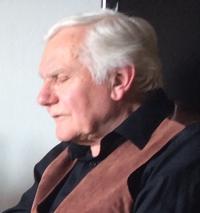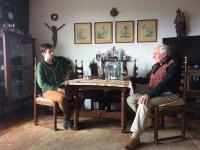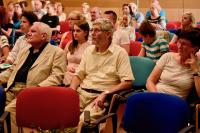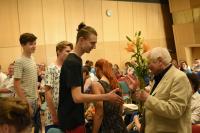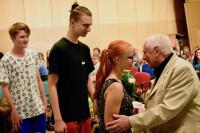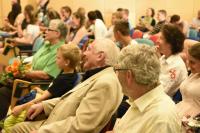What is important is to have a conscience
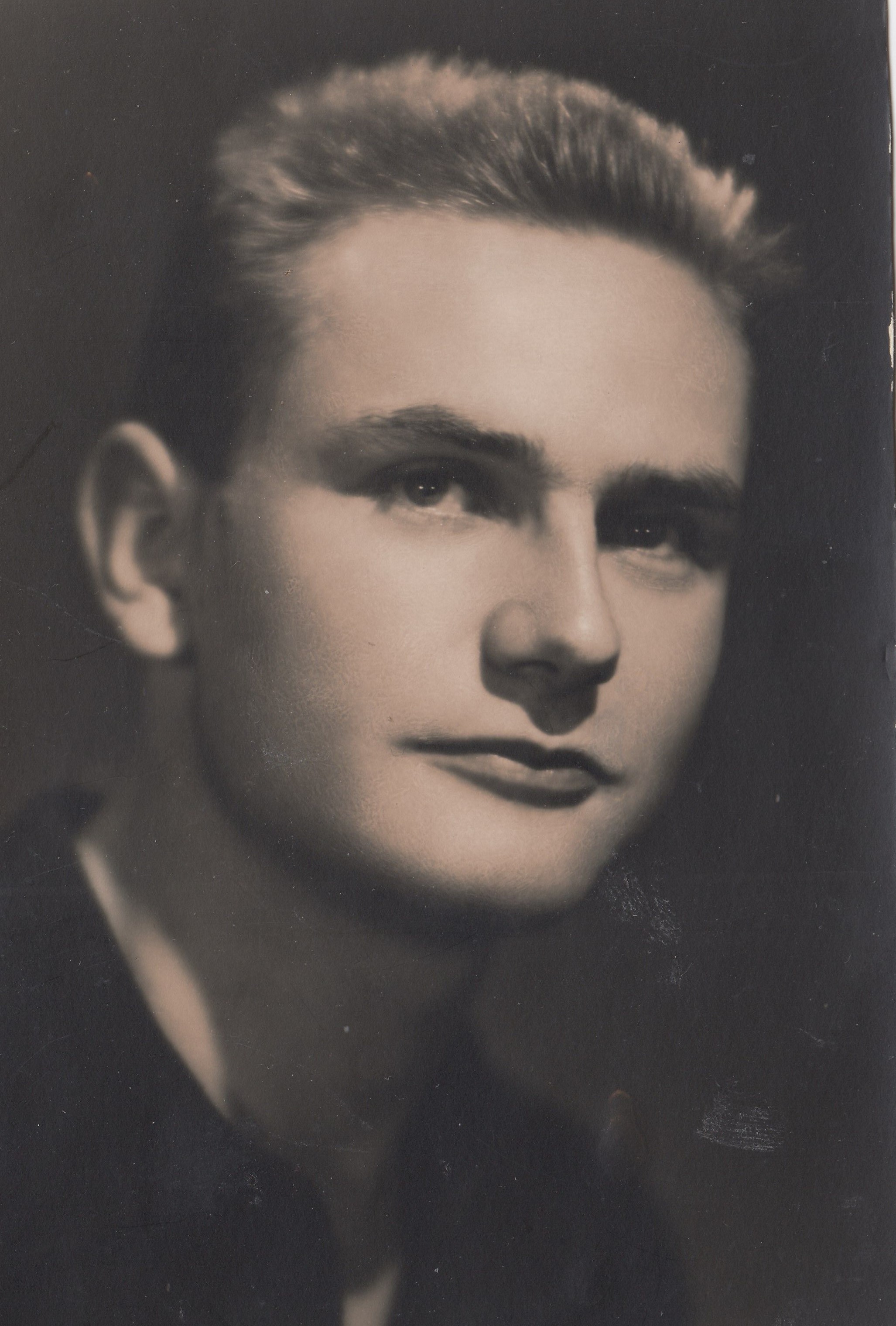
Download image
PhDr. Jan Šolc was born on November 25, 1938 in Prague. His childhood was greatly impacted by the Second World War. During the Prague Uprising on May 5, 1945, his father, who was a doctor, was ordered to return to Liberec for work reasons. He had moved to this city with his whole family. Jan has been a Boy Scout since his young age and he was interested in the events happening around him. His father was imprisoned for four years in the 1950s for alleged high treason and Jan was not allowed to study at a university. Fortunately, thanks to the political thaw in the 1960s, he was eventually able to do a distance study of Czech language and pedagogy at the Faculty of Arts of Charles University in Prague. He criticized the occupation of Czechoslovakia in 1968, and he lost his job as a teacher at elementary school and for the following ten years he worked as a construction site worker. Jan signed Charter 77. After the Velvet Revolution he was elected a deputy in the Chamber of the Nations of the Federal Assembly for the Civic Forum party, and later for the Civic Movement. He was the chairman of the defense subcommittee of the Federal Assembly and he was in charge of issuing clearances to army counter-intelligence service and army generals. He supported the entry of the Czech Republic into NATO. He lectured on ethics and rhetoric at the Technical University in Liberec. In the 1990s Jan worked as the director of the internal political department of the Office of the President Václav Havel for four years. He became one of the co-founders of the Ethic Forum of the Czech Republic.
